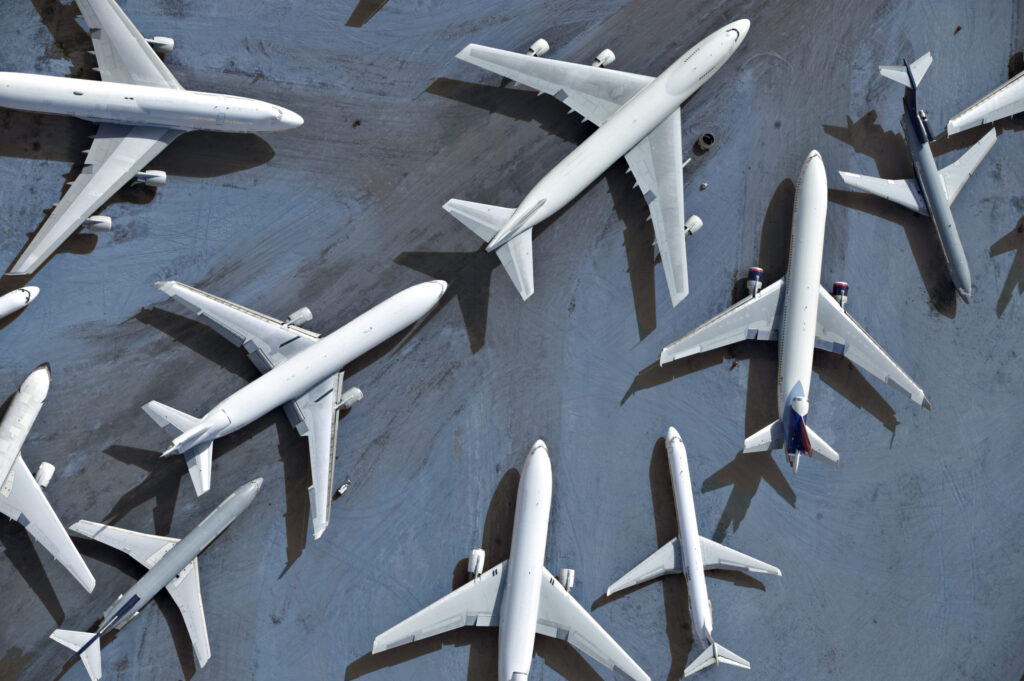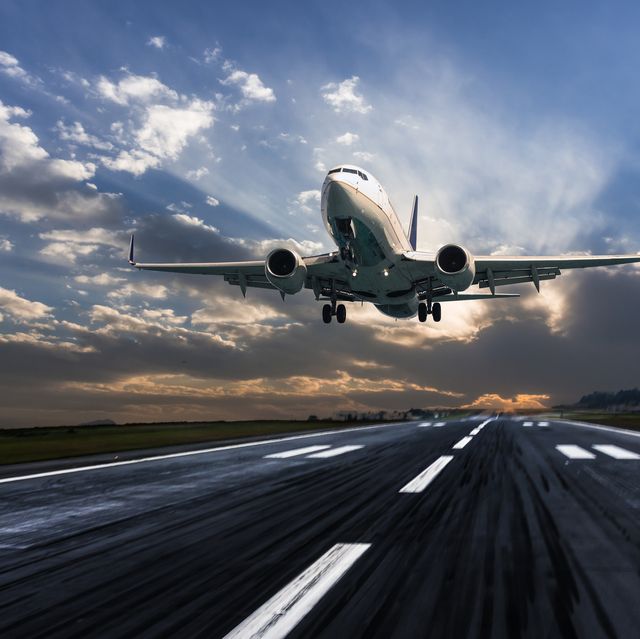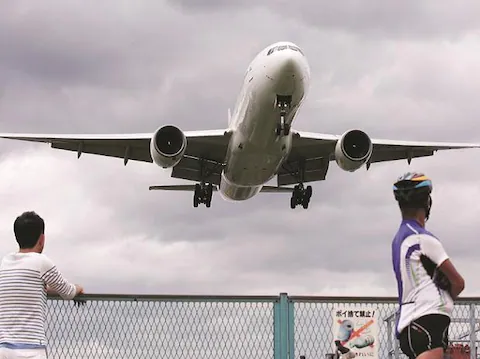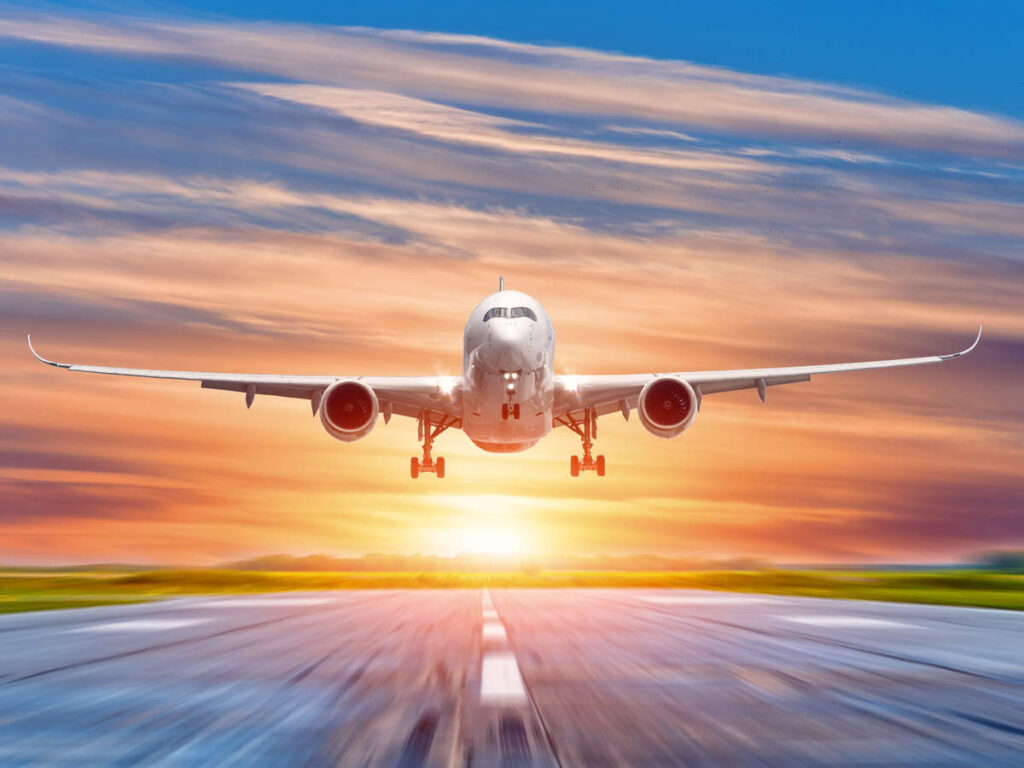In 2016 Oman Air purchased a pair of Heathrow slots from Air France-KLM for US$75 million! Air traffic at busy airports is handled through the use of slots. A pair of slots gives an airline the right to land and depart an aircraft (at specified times) and use airport facilities.
There are guidelines in place for the use and allocation of available slots. But when there are none available to allocate, airlines will often pay large sums to acquire them.

International Air Transport Association
Airport arrivals and departures need to be controlled at busy airports. The slots system has been in place for many years to handle this, with guidelines and definitions from International Air Transport Association (IATA). It places airports into three categories depending on ability and demand. These are:
- Level 1 (non-coordinated airport).
- Level 2 (slot facilitated airport). At levels 1 and 2 airports, arrivals and departures are managed by the airport and through cooperation between airlines.
- Level 3 (coordinated airport). Slots are used at Level 3 airports.
According to IATA, as of Summer 2019, there were 205 slot coordinated airports globally. This covers 43% of international air traffic. The number of slot pairs is arranged upon and allocated to airlines at these airports. To schedule regular flights to and from that airport, an airline must have a slot pair.
Also, read
IATA has a process in place to manage and re-allocate slots to airlines. This is known as Worldwide Airport Slot Guidelines (WASG). This is an international standard, which, according to IATA, assures the following key results
- Certainty of access.
- Flexibility to mix and match slots to meet operational challenges and changing market needs.
- Sustainability of prices.
- Transparency of allocation.
Key to slot allocations is a bi-annual review and re-allocation process. IATA defines winter and summer seasons as reach year. From 2022 to the 2023 year, the Summer season begins on March 27th, 2022, and the Winter season begins on October 30th, 2022.
Airlines can have other slot allocations for each season, with historical precedence as the critical criteria in slot allocation. Airlines and airports must submit plans and demands in advance. A slot conference is held before the beginning of each season to complete slot allocation and allocate slots for existing and new airlines.
Airlines must operate the slots for at least 80% of
If airlines are not operating slots sufficiently, they will be returned and re-allocated to other airlines. There are strict rules for slot usage that airlines must adhere to. Airlines must operate the slots for at least 80% of each season in regular circumstances. Waivers have been in place for this during the pandemic.
An airline already holding a slot keeps it as long as it has sufficiently operated. Any available slots are given by this group – to both current and new carriers. Early on, there were many cases of airlines flying empty flights to preserve slots, but slot releases were put in place from the Summer 2020 season.
This means that airlines have retained their current slot allocations without meeting the 80% rules. These waivers stayed mainly in place for the winter 2021 season, but opinions differ on whether they should have been continually developed. Many airlines want them in place while capacity is reduced, but others (including Wizz Air) feel they are limiting development. IATA admits that the slot process works well at most airports but is constrained by airport handling capacity and infrastructure.

There are rules in place to allocate a proportion of available slots to new entrants, and there is a focus on ensuring this. The issues lie at the busiest airports, where slots are simply not arriving available. Referring to this, IATA explains its view,
“It may not be perfect, but challenges to the WASG are disproportionately focused on London Heathrow and a small number of other airports (Amsterdam, Hong Kong) that are essential in a separate category that could be called super congested.”
Slot re-allocation works well only when there are slots available to be allocated. IATA does not sell or facilitate bidding for slots, but trade between airlines is permitted. Slots are a valuable airline asset at the busiest airports and are often traded.
London Heathrow Airport, Air New Zealand
As an extreme example, consider the buy-in in 2016 of a pair of Heathrow slots by Oman Air from Air France-KLM for US$75 million. This was a much sought-after early morning coming slot. Also, at London Heathrow Airport, Air New Zealand sold its slot pair (for less desirable times) in 2020 for NZ$42 million ($27 million) when it exited the market. Not all slots are this costly.
Their value depends on several things, including the airport use and capacity, the slot times, allowed turnaround time, and how frequently the airline needs to use the slot. Seasonality affects pricing too. They’ll price accordingly if an airport is at capacity over the peak season and half-empty over the off-season.

Absolutely, the recent system has its faults. Other slot allocation methods have been suggested- such as auction-based systems or congestion-based pricing, where airlines expend more to operate flights at peak hours. These options have their problems, and it is unlikely the current system will change soon.
Thank you
Stay updated with aviationa2z. com
join our Telegram group for latest updates

